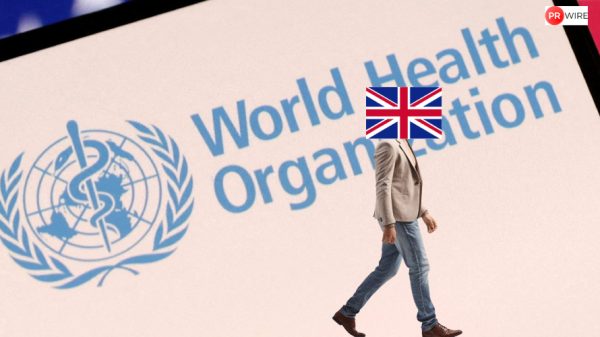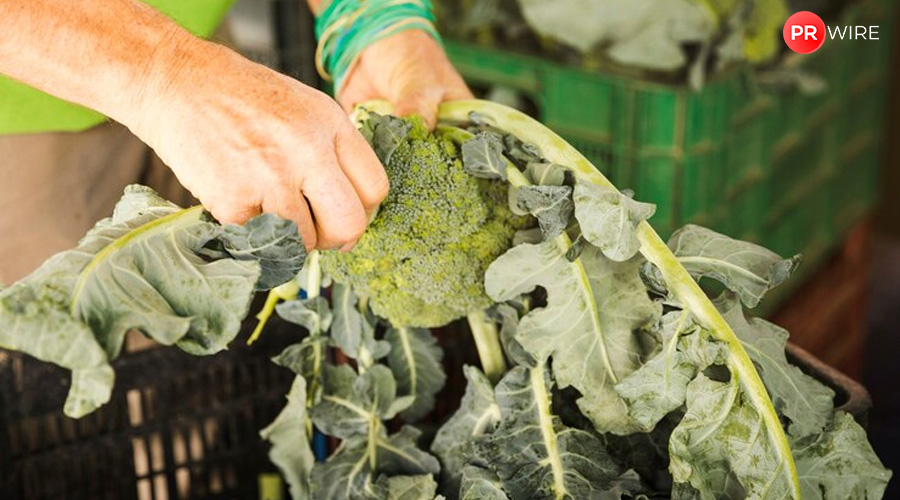Plastic pollution is increasingly found in agricultural environments, where it contaminates soil and crops. A recent study from the University of Stirling[1] examined whether human pathogens can transfer from plastic mulch fragments to ready-to-eat crop plants, posing a risk to food safety and human health. The study focused on two pathogens, Salmonella Typhimurium and Vibrio cholerae, and found that both could persist on plastic mulch fragments for 14 days and transfer to the leaves of basil and spinach within 24 hours.
This finding is significant as it highlights a new pathway for pathogen contamination in fresh produce, which has been a persistent issue with severe health, economic, and social impacts[2]. The study’s results suggest that even removing plastic fragments and washing crops may not be sufficient to eliminate these pathogens, emphasizing the need for better management practices in agricultural systems that use plastic mulches.
Previous research has shown that biodegradable plastic films, although more environmentally friendly, can degrade rapidly and potentially release more microplastics into the soil compared to conventional films[3]. These microplastics can alter soil microbial communities and nutrient cycling, potentially affecting plant health and crop productivity. The University of Stirling study expands on this by demonstrating that these microplastics can also serve as vectors for human pathogens, further complicating the issue.
Moreover, the degradation of plastic fragments in soil is highly variable, with some commercial polymer mixtures taking up to 48 days to degrade, while biodegradable formulations can degrade completely within 32 days[4]. The incorporation of plant growth-promoting bacteria like Bacillus subtilis can even accelerate this process. However, the rapid degradation of biodegradable plastics also means they can release pathogens more quickly into the environment, posing a continuous risk.
Another concern is the contamination of agricultural soils through fertilizers composted from livestock and poultry manure, which often contain microplastics[5]. These microplastics can enter the soil and potentially carry pathogens, adding another layer of complexity to managing plastic pollution in agricultural settings.
The University of Stirling study underscores the urgent need to address the co-pollutant pathogen risk associated with plastic pollution in agriculture. As the demand for intensive food production grows, so does the use of plastic mulches, making it crucial to understand and mitigate the risks they pose to food safety and human health. This research calls for improved agricultural practices and further studies to develop effective strategies for managing plastic pollution and its associated risks in food production systems.
The article originally appeared on Natural Science News.




























